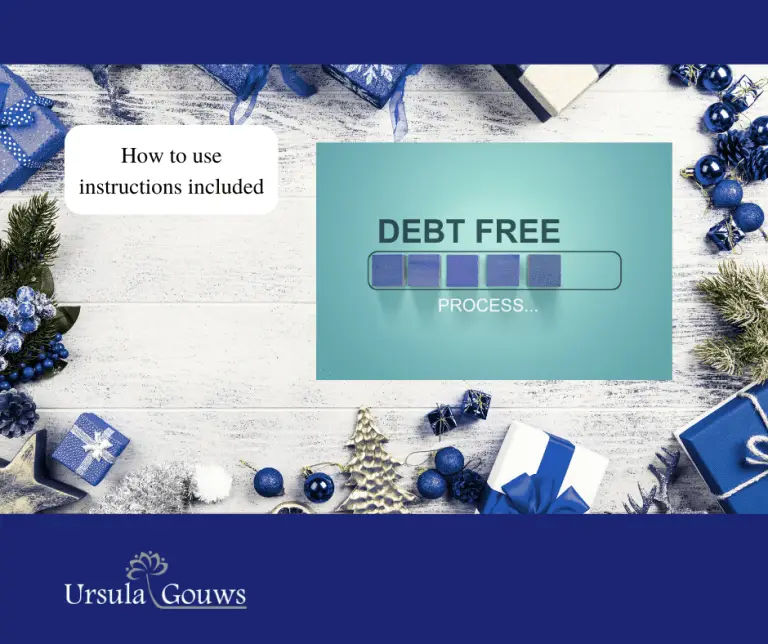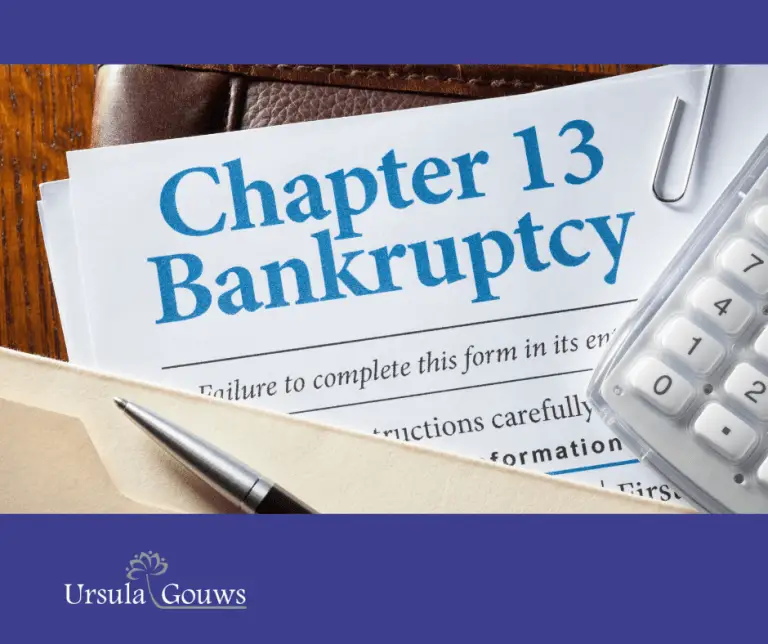Sequestration is a legal process in South Africa that involves obtaining a High Court Order to have your debt written off. You can make this process easier and take steps to rebuild your finances during the Sequestration process.
Going through the Sequestration process can be a very difficult emotional experience, and it can be hard to think about the future after going through years of financial hardship.
Your situation may feel overwhelming and hopeless even after the approved Sequestration court order.
The Sequestration court order significantly impacts your credit rating, and life during Sequestration can be challenging.
However, it is important to remember that Sequestration is not an impossible financial situation.
Here are 6 tips for rebuilding your finances during Sequestration
Create a Budget
One of the first steps to take during the Sequestration is to develop a budget that takes into account your income and expenses.
This will help you to better manage your money and avoid falling into debt again in the future.
Creating a budget is essential when rebuilding your finances during the Sequestration.
A budget will help you keep track of where your money is going and ensure that you’re only spending what you can afford. You will not go into more debt or put yourself at risk of another financial crisis down the line.
Start by tracking all of your incoming and outgoing expenses for one month and then create a budget based on this information for the following month.
Be sure to include some money for saving or splurging so that you don’t feel every penny must be accounted for!
Build an Emergency Fund
The next step to rebuilding your finances during the Sequestration is to start building an emergency fund.
This fund should be used in the event of unexpected expenses or sudden drops in income.
Having an emergency fund will give you the peace of mind of knowing that if something goes wrong, you will have some funds available to help you.
Start small by setting aside a certain amount each month and gradually increasing the amount over time until you have built up a substantial reserve
Pay Off Debts
Another step is to focus on paying off any debts that are still outstanding from before the Sequestration.
These debts are usually school fees, doctors, medical bills, fines, or friends and family.
Start by paying off any interest debts such as school fees or medical bills first, as these will cost you more money in interest payments over time than other types of debt.
Once those debts are paid off, move on to the no-interest debts, such as friends and family.
Make sure that you make regular payments on all remaining debts until they are paid off completely.
Avoid taking out any new debt while rebuilding your finances during the Sequestration.
Seek financial counseling or coaching
A great starting point for getting back on your feet is to seek financial counseling to help you better understand your financial situation and develop a plan for moving forward.
Financial coaching can help you better understand your current financial situation and develop a suitable plan for moving forward.
Talk to Ursula for tailored help to navigate life during the Sequestration, so don’t hesitate to reach out and get the support you need.
Look for ways to increase your income
Increasing your income can help to improve your current financial situation and make it easier to rebuild your finances.
Find ways to increase your income; additional work or starting a side business can help you generate more earnings and improve your financial situation.
Build up your credit
During the Sequestration, it will be difficult to access credit. However, there are ways to start building up your credit again.
Your cell phone contract and insurance premiums will maintain a credit rating at the credit bureaus.
Another way is to use savings and investment products with your bank. This will build an internal credit rating that you can use to your advantage later.
Conclusion
Life during the Sequestration can be difficult. But with careful planning and a commitment to improving your financial situation, it is possible to rebuild and move forward.
Sequestration can be challenging, but it does not have to be permanent.
You can rebuild your finances by building an emergency fund, paying off any outstanding debts, creating a budget, and avoiding taking on new debt.
And start feeling more secure about your finances moving forward into the future.
With determination, creativity, and a positive outlook, it’s possible to rebuild your finances and turn this challenging experience into an opportunity for growth.
Remember – with hard work and dedication, anything is possible.
This blog was brought to you by Ursula Gouws.
This blog is for information purposes only and does not constitute legal or financial advice.
If you enjoyed this blog, check out more Debt Talk with Ursula on the Ursula Gouws Consulting Blog, or download our Freebies to help you on your journey to a new financial future.
I am a Debt Strategist. Let me help you find the ideal legal solution for your unique debt situation.
I understand that dealing with financial distress can bring about feelings of guilt and shame, and even depression.
Rest assured – working together, we will get you back on track, so your finances and dignity are fully restored.
If you need help finding the ideal legal solution for your debt, feel free to reach out with the contact form on my Website.







